Why is recycling important for the environment?
Is waste segregation and treatment necessary? Are there any benefits to it? Does it change anything for the better? Although many people see that recycling makes sense, some remain sceptical about this method of environmental protection. Let us three basic reasons why recycling is worthwhile.
Recycling gives products a second life
Every day, we use things made of plastic that can be reused. Paper packaging, plastic or glass bottles, jars and cans are not just garbage… They’re raw materials that can be reused by recycling. They’re used to make new products: clothes, tools, packaging, or furniture. It’s worth remembering this as well as reminding those who don’t know it or don’t care about such information.
We’re starting today! In our articles published in the ECO series, we’ll write about the need for protecting nature and ways to achieve it. We aim to raise issues related to environmental conservation because the protection of nature and its natural resources is our common concern. We’re going to remind our readers of these obvious and less obvious truths related to this subject. Also, together with you, we want to learn and explore new technological solutions, trends, and pro-ecological activities, such as the zero-waste movement or #haveitrecycled.

What are the benefits of waste segregation and recycling?
Here are three basic arguments in favour of the positive impact of recycling on the environment:
1. Protection of natural resources – including those from which glass (quartz sand), aluminium (bauxite ores), plastics (oil), and paper (trees) are made. To all intents and purpose, glass and aluminium can be recycled endlessly. Plastics can also be reused and either energy or new material can be obtained from them (which can then be used, for example, for the production of clothing). New paper, new packaging, and many other things can be made from waste paper.
2. Reduction of the number of landfills and the total amount of waste. Landfilling isn’t neutral to the environment as it pollutes and changes it. However, the reclamation of the areas where landfills are located is very costly and lengthy.
3. Reducing air, water, and soil pollution. Production based on recycled materials consumes less water and energy, as well as creating less pollution. Moreover, obtaining certain materials in the process of recycling is more advantageous than in the case of natural deposits. This is the case, for example, with aluminium, whose recycling, compared to bauxite ore production, reduces water pollution by 97%.
Interesting fact
What everyday items are reusable?
Glass (bottles, jars, and glass containers for cosmetics), paper (newspapers, office paper, and cardboard), plastic (empty PET bottles, plastic packaging and containers, plastic bags, and caps), metal (drink cans and kitchen foil).
Waste segregation is the first step to giving garbage a second life. What else can we do to live in a more eco-friendly way? Check out our guide! >>>

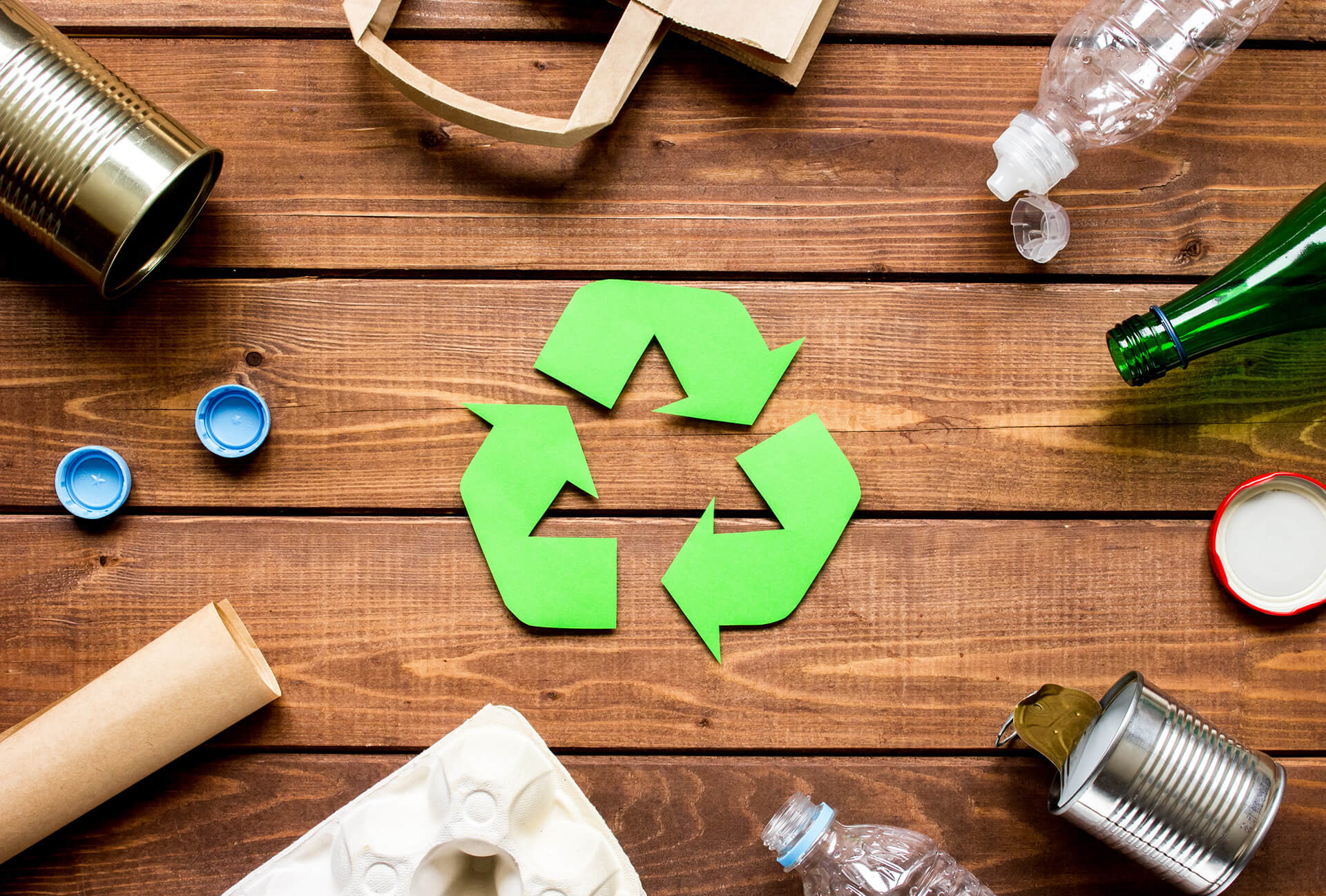




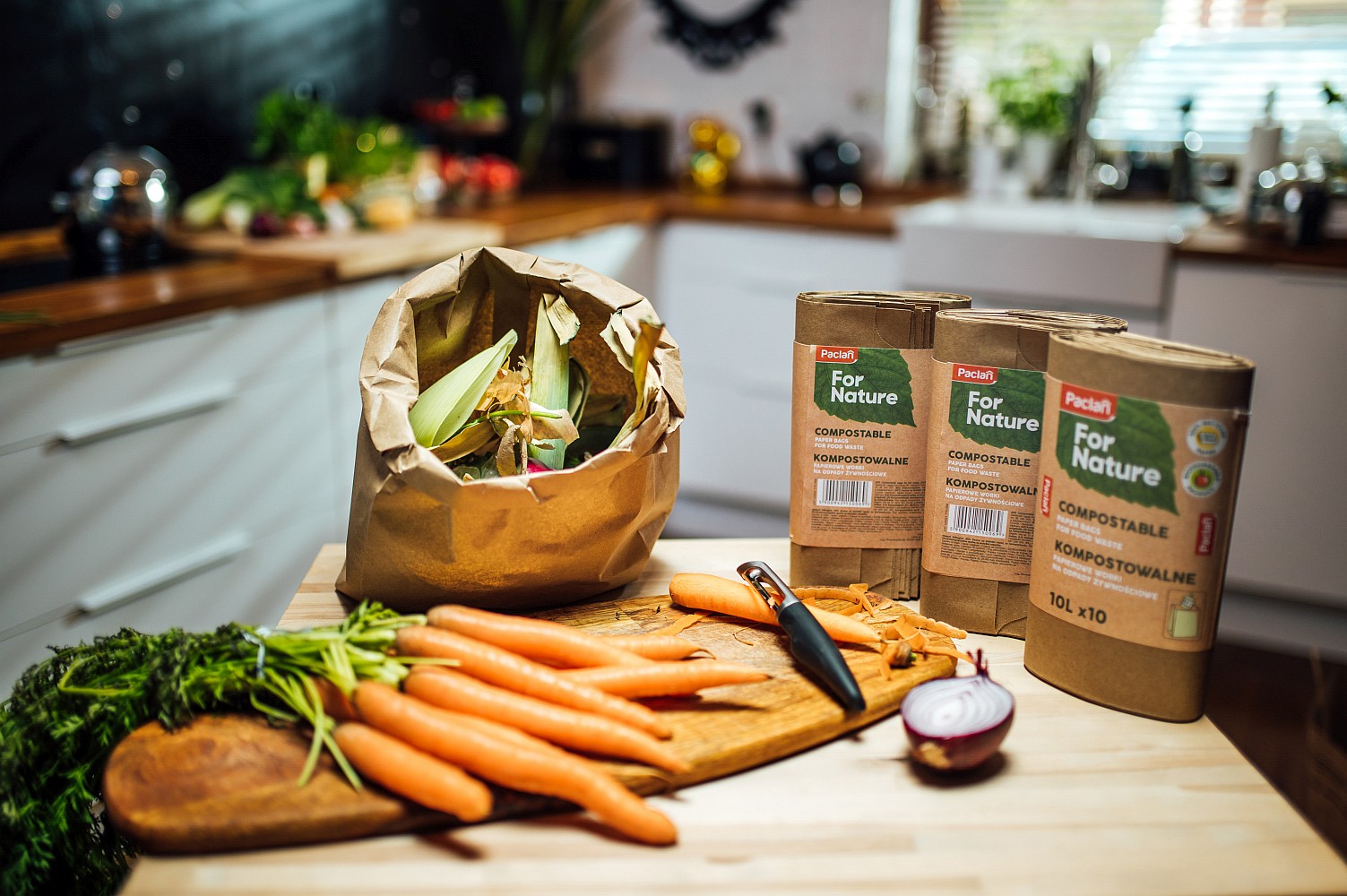




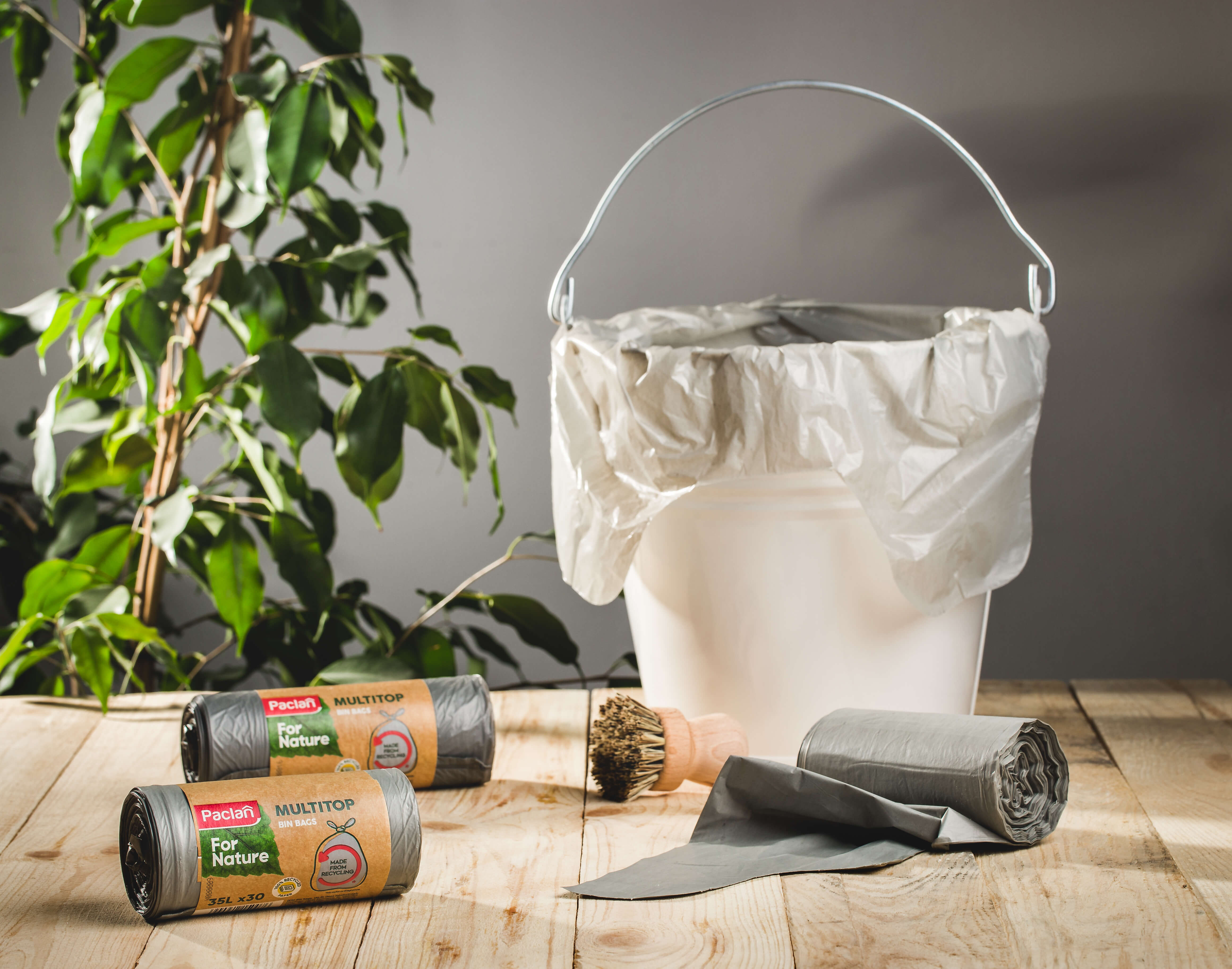
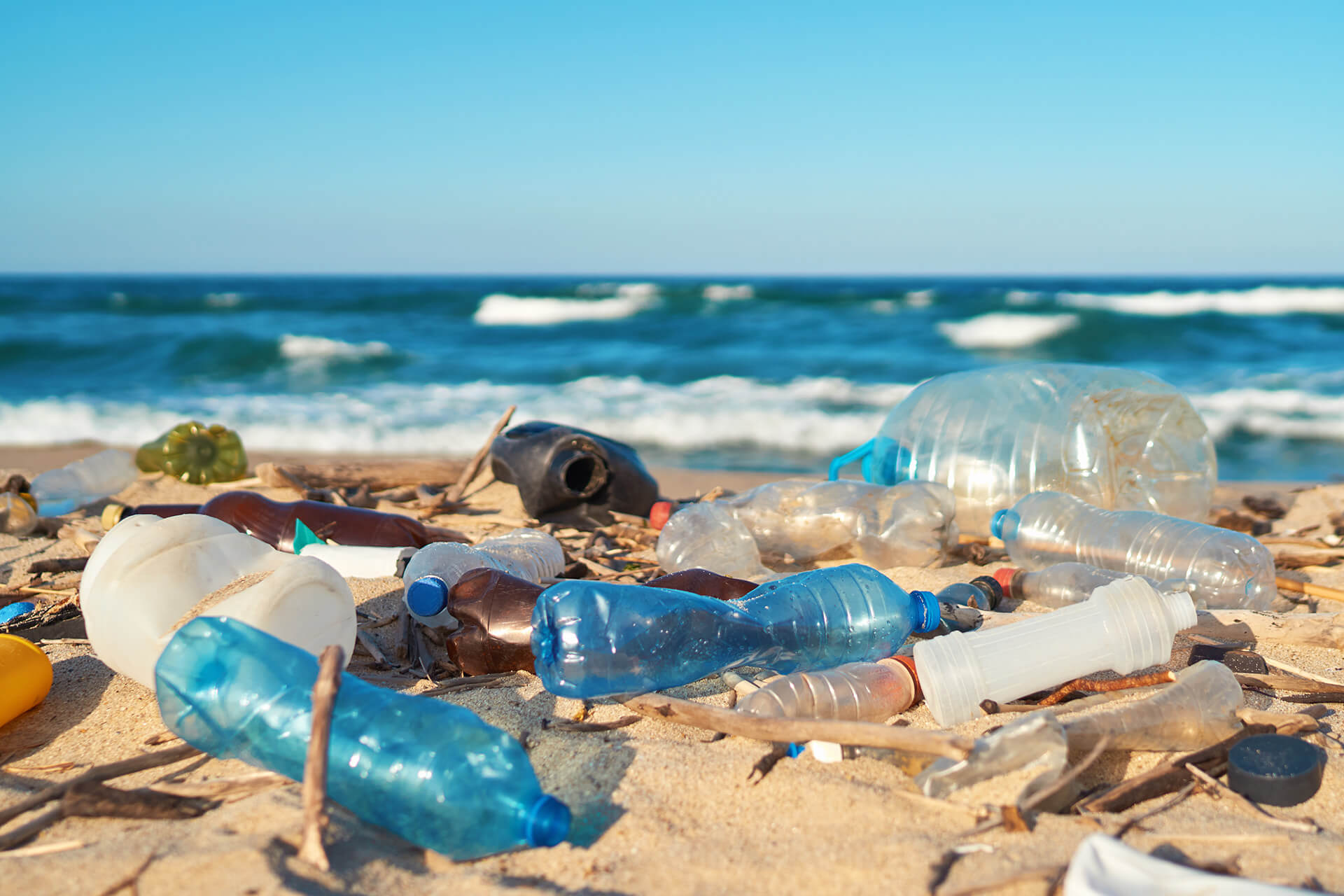

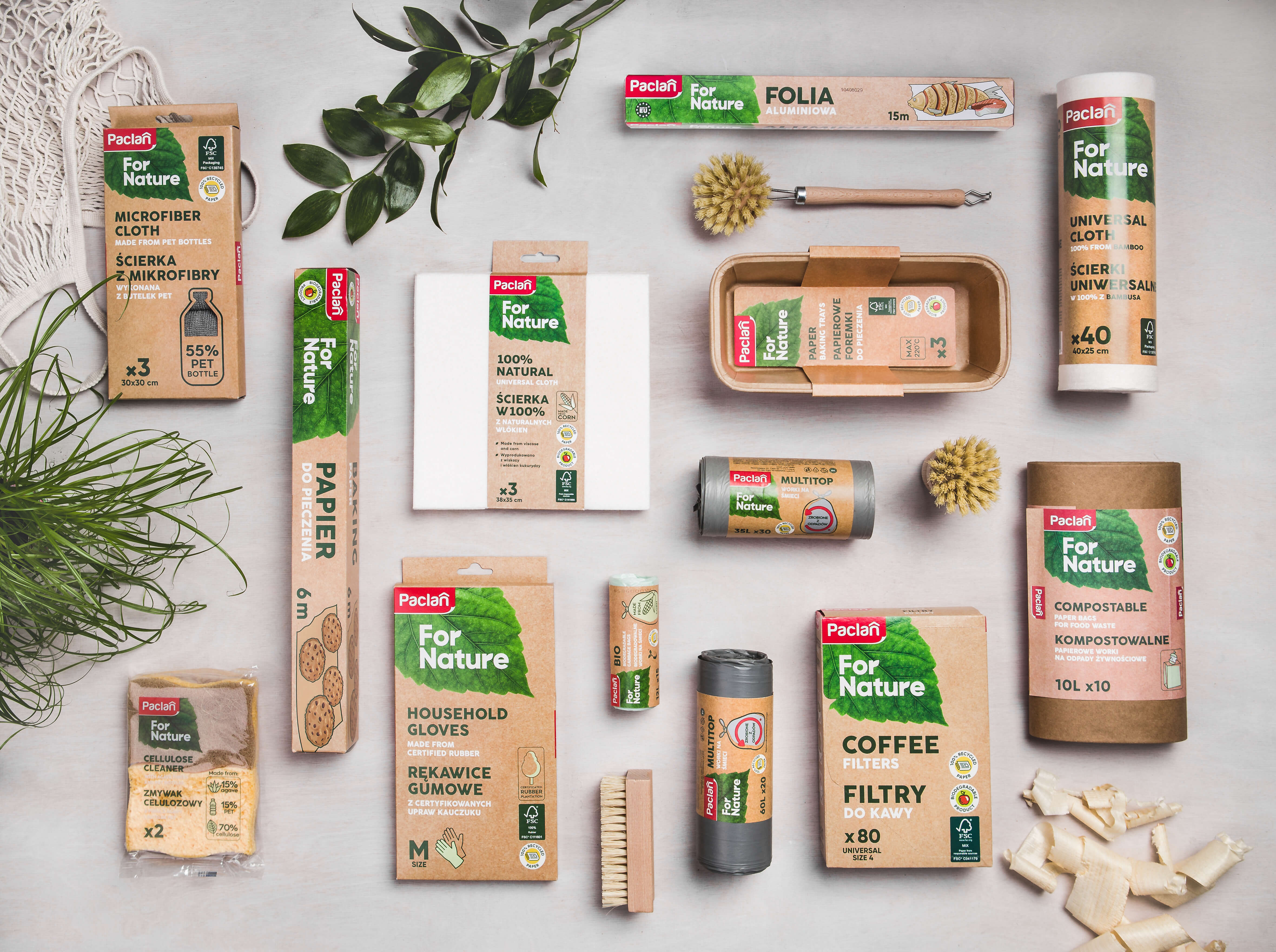
Comments: 0